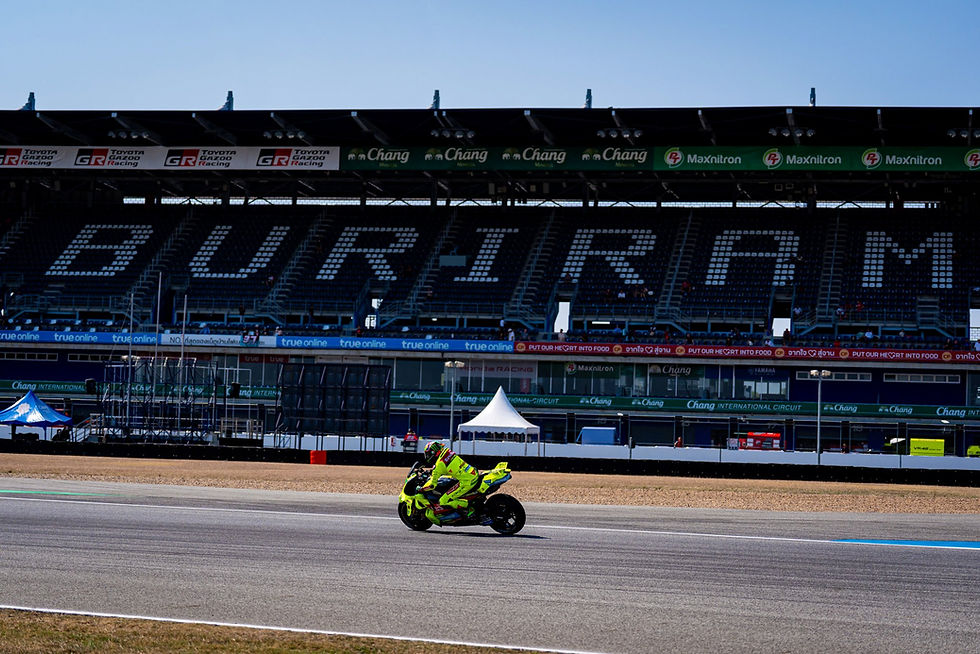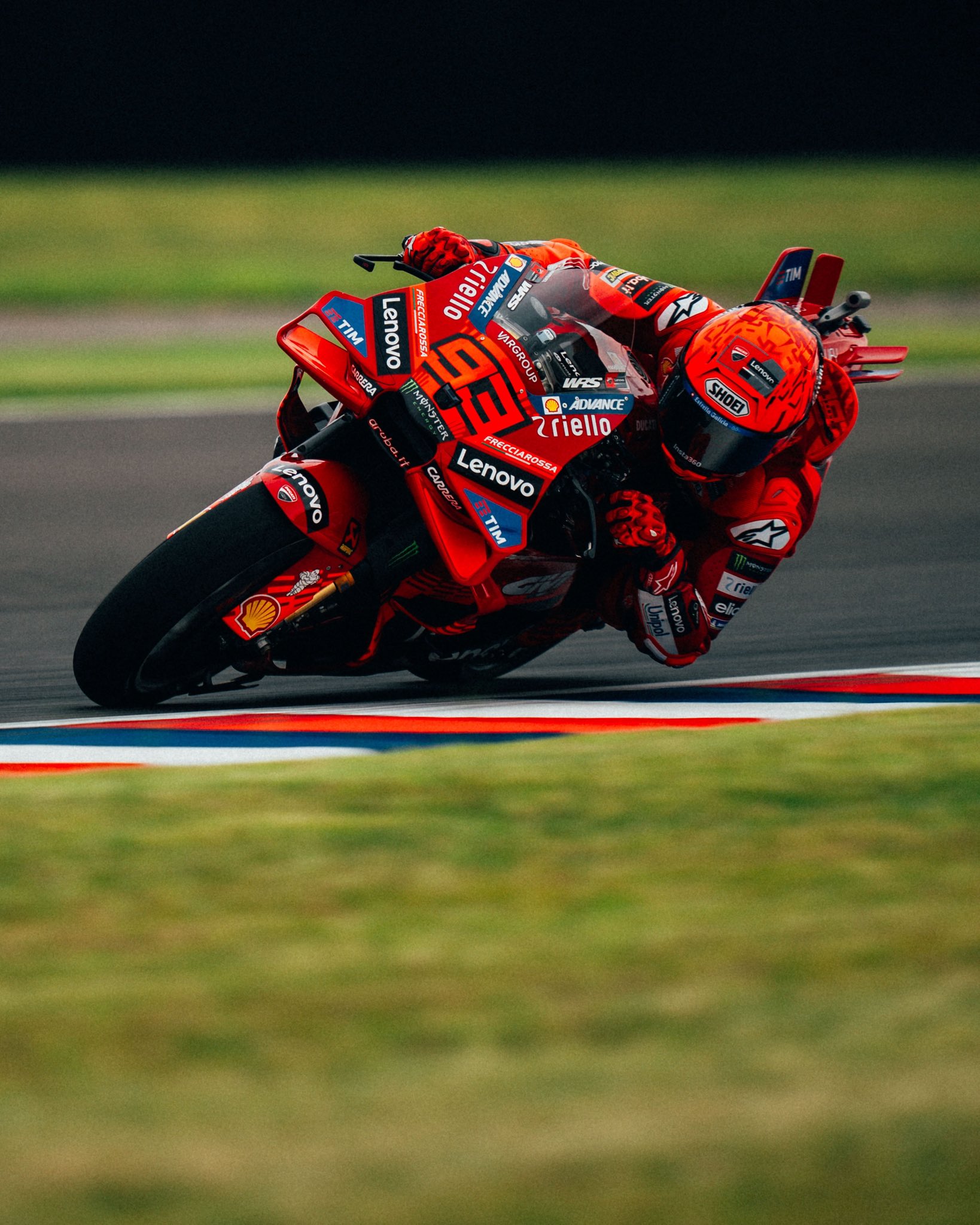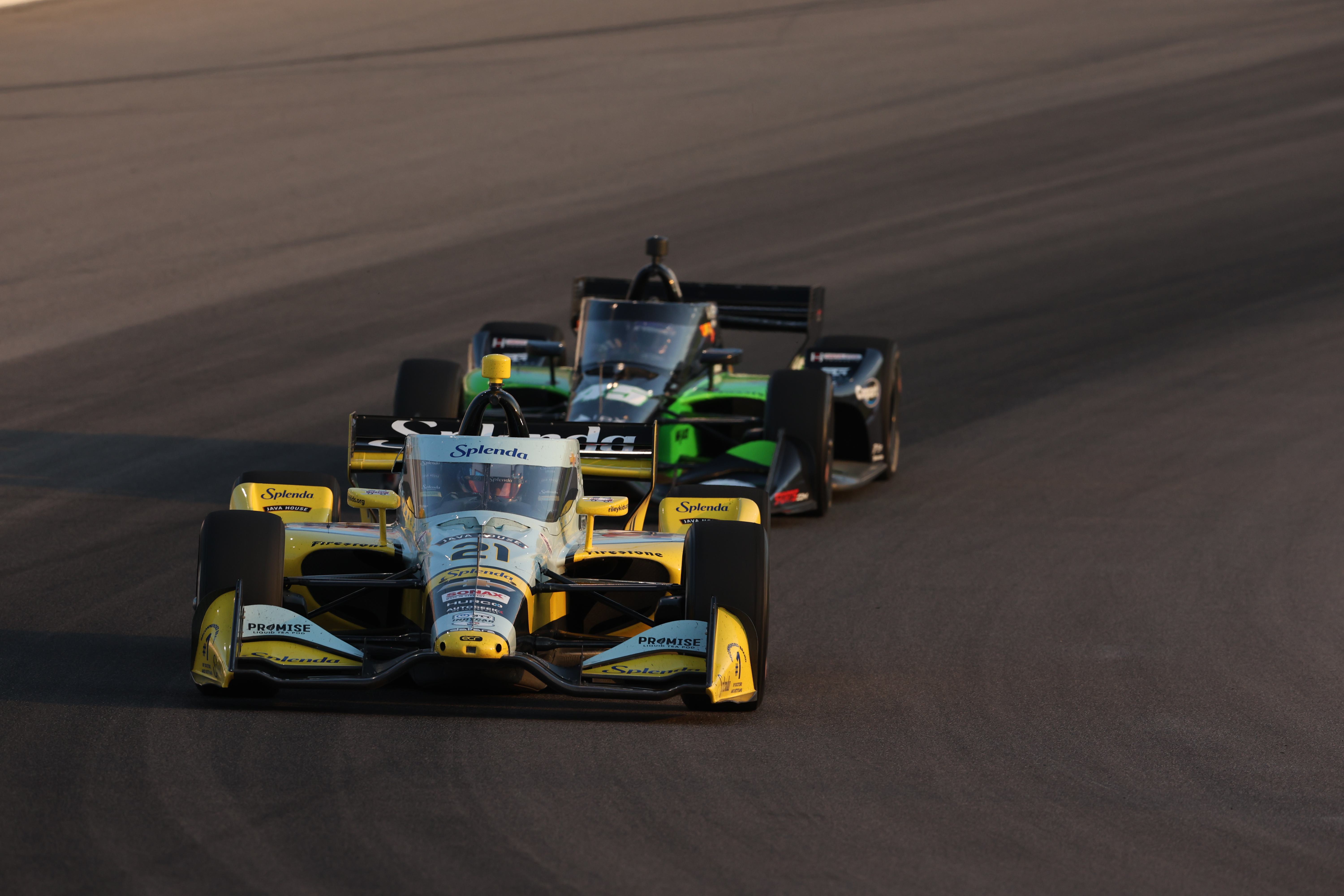The Vanwall Hypercars legal entanglement
- Evan Veer

- Sep 4, 2022
- 4 min read
Updated: Sep 5, 2022
Written by Evan Veer, Edited by Sameena Khan

The ByKolles team has regularly participated in the WEC and especially at Le Mans for many years. The team has had mixed success due to reliability issues and race incidents preventing them from being classified at Le Mans at any of their attempts since 2010. Team owner and former Team Principal of Jordan’s and HRT’s F1 efforts Colin Kolles seems keen to return to the sport once again, but this time under the name of former F1 constructor’s champion Vanwall, although this might not work out as planned…
The Car
The ByKolles Hypercar has been in the works for a while now, but it only recently had its first rollout, after which it made its testing debut at the Lausitzring in Germany, which the team described as “very positive”.
The car is manufactured to the LMH regulations, which were brought in as the successor to LMP1. The WEC’s Hypercar class which these cars will be racing uses Balance of Performance to equalise each of the competitors, meaning manufacturers don’t need to spend nearly as much money on development as they would have. At the same time, they also get more freedom to style their cars without needing to worry too much about losing performance.
The front of the car makes full use of the fact that it doesn’t have to fit a hybrid system by leaving a lot of open space compared to the other LMH manufacturers. This slim nose is similar to the team’s most recent LMP1 models, although the LMH also features additional wing elements at the front, connecting the tip of the nose with the rest of the car. The rest of the bodywork has a very flowing posture, giving it a sleek look, while the headlights add a more aggressive element to the car’s aesthetic.

The normally aspirated 4.5L V8 engine is the same as in its LMP1 predecessor and is produced by Gibson, who also supplies the engines for the current LMP2 class.
When talking to dailysportscar.com, Kolles disclosed the team is currently planning on running two cars for the 2023 WEC season and claims to be talking to potential customer teams as well, with the price of the car predicted to be about the same as for a Glickenhaus, which should be around 2.5 million USD excluding spare parts.
There are also plans to sell a road-legal version of the car, the first of which is currently under construction.
The Trademark Dispute
According to the World Motorsport Council, to enter the WEC with an LMH, a manufacturer “must enter a homologated car under the name of an automotive brand”. This has been a significant issue for the ByKolles team as they seemingly do not qualify as an automotive brand in the eyes of the rule makers. There are ways to get around this problem, such as getting permission from an existing brand to rebadge the ByKolles Hypercar with their brand name. Still, ByKolles has tried to take a different approach by reviving the iconic Vanwall name to use its status as a manufacturer to qualify for the WEC.
ByKolles is not the only company claiming the Vanwall name, leading to a legal battle over trademark ownership in the EU. The other party involved in this is Vanwall 1958 Limited, a UK-based company which aims to recreate Vanwall’s 1958 championship-winning F1 challenger. Each of the cars will be hand-made with the help of the original blueprints to make sure the resulting vehicle is as true to the original as possible. Six of these replicas will be made in honour of Vanwall’s impressive six race wins that season, which with the rules of the time meant the team scored the highest number of points achievable in the championship.

Regarding the conflict in trademark, ByKolles provided the following statement:
“The Kolles group has protected the Vanwall trademark worldwide to bring this historic name back on the race tracks. Vanwall was the first British Formula 1 constructor world champion. ByKolles has submitted all necessary documents to prove the rights of trade mark and being a listed automotive [manufacturer] to [the] FIA which is under the extensive administrative process to approve [an] LMH manufacturer.”
However, the EUIPO (European Union Intellectual Property Office) indicates that the dispute around the Vanwall trademark is still ongoing. If ByKolles were to lose this case, they would likely also lose their claim to the worldwide trademark.
This uncertainty is a risk the FIA likely won’t be willing to take when they have to decide whether ByKolles/Vanwall qualifies to enter the WEC for next season. Thus, the team needs to secure the trademark as quickly as possible.
Kolles’ challenge of the trademark seems to be based on the claim that Vanwall 1958 has had no commercial activity in the EU for at least five years, which would therefore make the trademark inactive, allowing ByKolles to claim it for themselves. However, when reached out for comment, Vanwall 1958 Limited director Iain Sanderson “points to an officially sold Vanwall registered car in the disputed time period, accessories sales and license agreements plus active marketing of the continuation cars from 2020 onwards, despite Covid restrictions on events and factory visits. This has all been submitted to the EUIPO for their consideration which will probably be made within a year or so but is then also subject to appeal. This process could take more years to unravel with no certainty for the FIA to permit Kolles to race under the name he is clearly trying to sequester without permission from the rightful owner who purchased it from Mahle. Sanderson can also clearly point to the legal ownership trail he is a part of going right back to 1953.”

If ByKolles cannot secure the trademark before the deadline, they might try to run under the Vandervell name instead, but whether this will be accepted as an automotive brand remains to be seen. Alternatively, Kolles could try to get an entirely different brand to run under, but there’s no further information about this prospect, as using Vanwall still seems to be the planned way forward for the team.
We can’t predict what the outcome of this case will be, and thus the future of the Bykolles-Vanwall Hypercar project remains clouded in legal trouble. But as the deadline to enter the WEC edges ever closer with no resolve, the chances of seeing this car in the competition next year are slim at best.












Comments